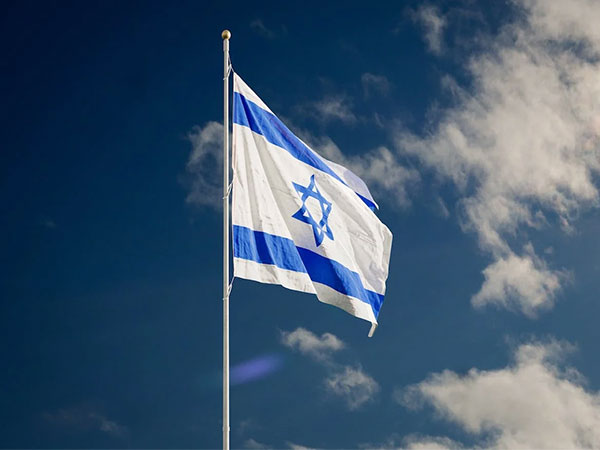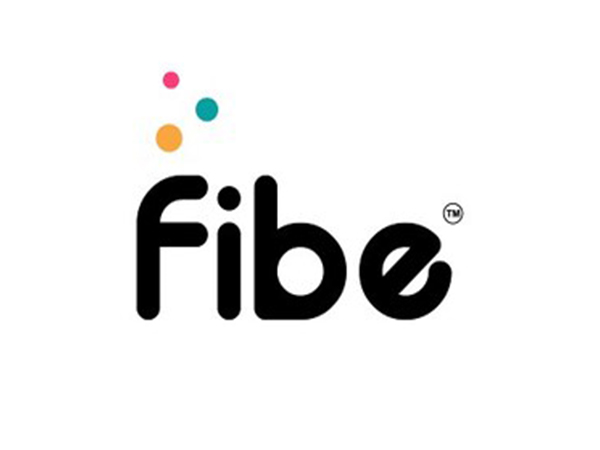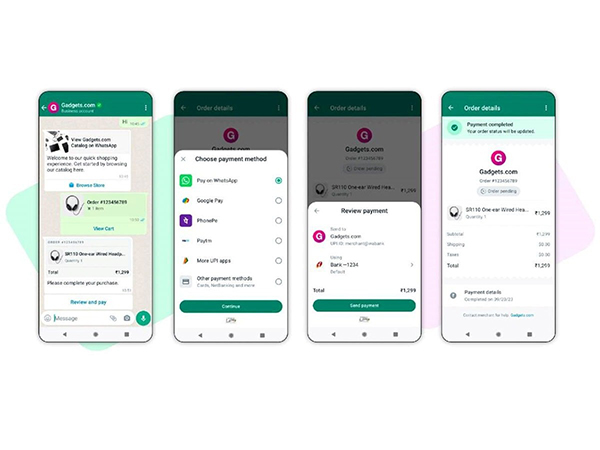Aid headed into Gaza after Israel-Hamas deal
Jan 18, 2024

Gaza Border [Israel], January 18: Humanitarian aid for the besieged Gaza Strip has been shipped under a deal brokered between Israel and Hamas.
The aid, which includes medicines for the Israeli captives that Hamas is still holding, was making its way from Egypt on Wednesday, after being flown from France to Qatar. Paris and Doha announced the previous day that they had brokered the first deal between Israel and the Palestinian group since a truce ended on December 1.
More than 100 of the 240 or so captives taken by Hamas during its assault on Israel on October 7 were freed during that weeklong pause in fighting, which followed lengthy negotiations mediated by Qatar and the United States. In exchange, Israel released hundreds of Palestinian prisoners.
However, efforts to return Israel and Hamas to the negotiating table have been faltering since. Israel has said it would not halt its bombardment of Gaza until the captives are all released and Hamas destroyed; Hamas says it would not release further captives without a full ceasefire.
France said on Tuesday that negotiations over the aid deal had been going on for some time, and that the initial idea had come from the families of some of the Israeli captives.
The aid will be delivered to the International Committee of the Red Cross. Once it crosses the border into Gaza it will be handed over to Hamas.
Paris said it took months to organise the supply of the medicines.
"France's Foreign Ministry has issued a statement saying that 45 captives will be receiving medicine for various chronic illnesses and that the medicine should last around three months," said Al Jazeera's Stefanie Dekker, reporting from occupied East Jerusalem.
"There's been a lot of back and forth on this deal," said Dekker. "The Israeli Prime Minister's Office announced it a couple of days ago but there's been a lot of logistical issues to iron out." Several elderly men are among the more than 100 remaining captives held by Hamas. Most women and children were released during the weeklong truce that ended on December 1.
They will be receiving prescription medications for their illnesses, said Dekker - an element that has helped to delay the deal.
"This medication is to go to specific hostages and Hamas has voiced concerns that perhaps it could be traced, for Israel to find out where they [the captives] are," she said.
Families of the captives are demanding proof that these medicines will reach their loved ones, said Dekker.
The Israeli government, meanwhile, has been party to this agreement because it wants to show that it is taking serious action to get the captives out, she added.
The aid for Gaza is also desperately needed, with most of the enclave's 2.3 million people displaced, and at risk of starvation. The Palestinian population faces "famine-like conditions", Hani Mahmood, reporting from Rafah on the border with Egypt, reported.
The deal will see humanitarian aid delivered to civilians in "the most affected and vulnerable areas", Qatar's Ministry of Foreign Affairs said in a statement on Tuesday.
In all parts of the strip, heavy Israeli bombardment continued overnight, said Mahmood.
Amid the worsening situation in Gaza, reports suggest that the push for another truce between Israel and Hamas may be picking up momentum once more.
On Tuesday, the White House said that US Middle East Envoy Brett McGurk has been in Doha in recent days discussing a possible agreement that could free the Israeli captives.
National security spokesperson John Kirby told reporters that McGurk was involved in "very serious and intensive discussions" with the Qataris about another deal.
"We are hopeful it will bear fruit and bear fruit soon," he said.
Source: Qatar Tribune









